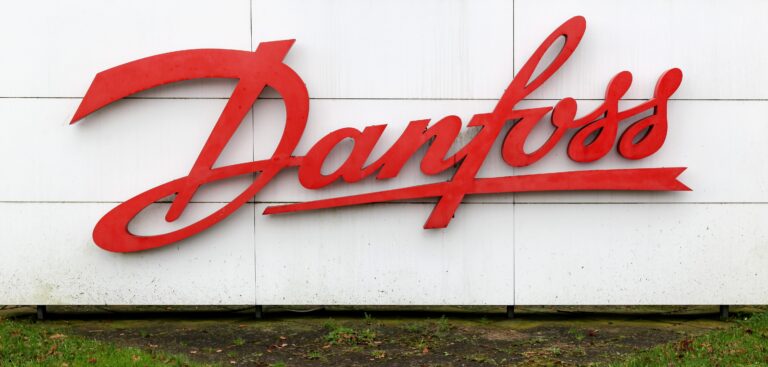Drivetrain systems from Danfoss Power Solutions’ Editron division will be fitted to three hybrid passenger ferries that are set to be built at the Schiffbau- u. Entwicklungsgesellschaft Tangermünde (SET) shipyard in Germany. The vessels will be built for Hamburg transportation company HADAG, and upon entering service will operate on the Elbe River in Hamburg, Germany.
Danfoss’s supply scope for the project includes providing the hybrid propulsion systems for all three ferries. These systems will consist of a shore connection, battery storage, and propulsion and AC network feeding power modules. These will all be connected via a compact DC link with selectivity for a higher level of system safety.
The synchronous reluctance assisted permanent magnet generator from the Editron division is mated to a Scania Diesel engine to create a variable speed genset, which delivers energy for charging batteries, or alternatively as a backup for vessel propulsion. Furthermore, two electric eVSP9 Voith Schneider Thrusters will enable efficient thrust and excellent maneuverability. Hydrogen fuel cell technology can be integrated into the ferries in the future to enable zero emission operations.
The first 250-person capacity ferry is scheduled for delivery to HADAG in 2024, with the other two ferries expected to be completed and delivered in the same year. The transportation company also has the option to order an additional three ferries featuring the fuel cell technology. Alternatively, the less polluting propulsion system could be retrofitted onto HADAG’s existing passenger ferry fleet.
“Our drivetrain is one of the most compact and lightweight solutions on today’s market, easily fitting into a vessel’s machinery room and enabling more space for passengers,” said Sascha Nitz, marine sales manager at Danfoss Editron. “The high efficiency of our system also optimizes battery capacity on board to fit the desired operational profile. I want to thank SET for putting its trust in us to power these hybrid vessels, which will play a crucial role in Hamburg’s public transport offering.”
“These vessels will be designed to ensure safe operation in Hamburg’s city center, which includes making multiple stops every hour and navigating the tidal conditions of the Elbe River,” added Martin Lobmeyer, technical director at HADAG. “They will also efficiently use the hybrid-electric propulsion technology while driving at full speed and berthing throughout the whole harbor area.”
The passenger ferry service in Hamburg is used by an estimated 9 million passengers each year. In 2018, the city’s transportation sector was responsible for 29% of its total emissions. As part of the Carbon Neutral Cities Alliance, Hamburg is aiming to achieve a 55% reduction in emissions by 2030, and a minimum reduction of 95% by 2050.



